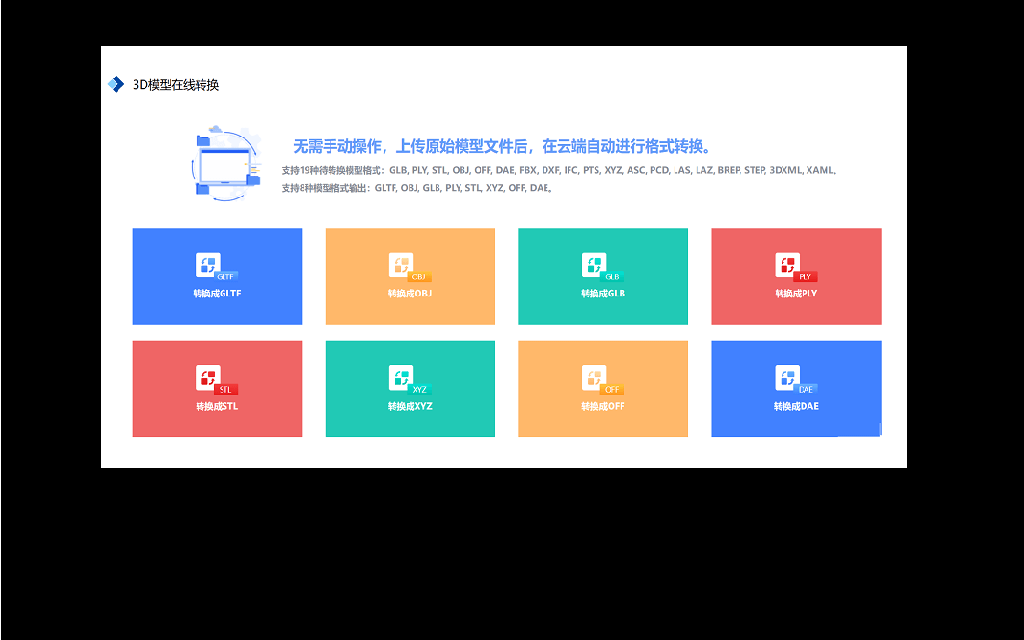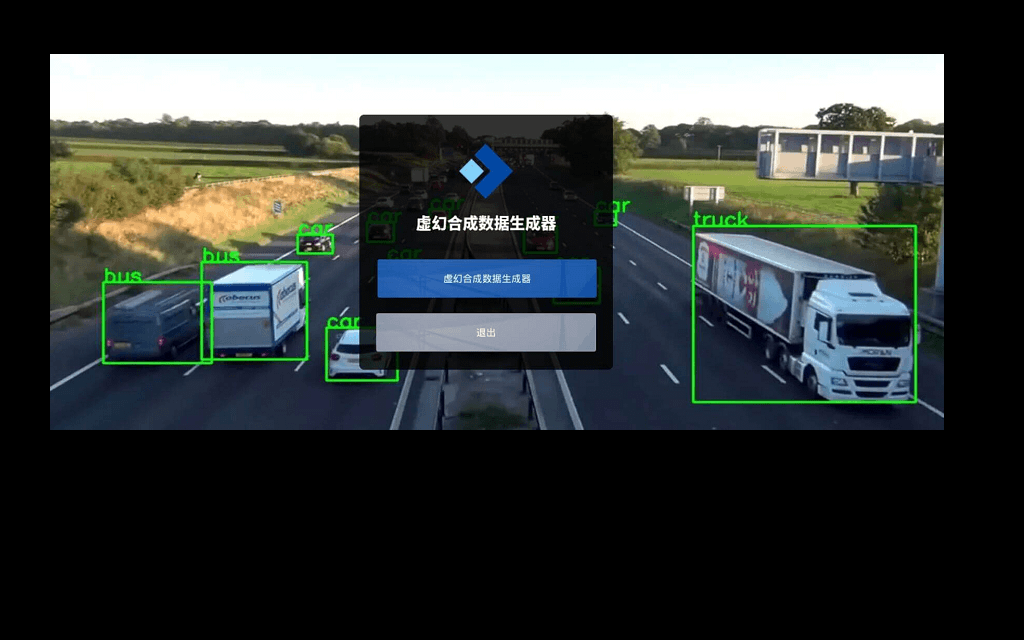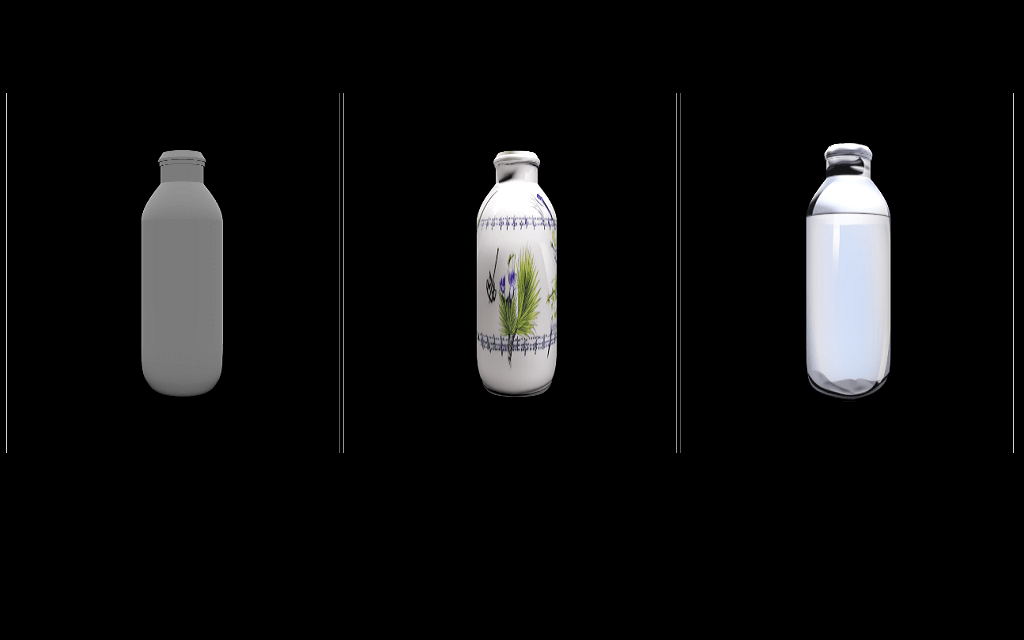MultiIndicSentenceSummarization
This repository contains the IndicBART checkpoint finetuned on the 11 languages of IndicSentenceSummarization dataset. For finetuning details, see the paper. <ul> <li >Supported languages: Assamese, Bengali, Gujarati, Hindi, Marathi, Odiya, Punjabi, Kannada, Malayalam, Tamil, and Telugu. Not all of these languages are supported by mBART50 and mT5. </li> <li >The model is much smaller than the mBART and mT5(-base) models, so less computationally expensive for decoding. </li> <li> Trained on large Indic language corpora (431K sentences). </li> <li> All languages, have been represented in Devanagari script to encourage transfer learning among the related languages. </li> </ul>
Using this model in transformers
from transformers import MBartForConditionalGeneration, AutoModelForSeq2SeqLM
from transformers import AlbertTokenizer, AutoTokenizer
tokenizer = AutoTokenizer.from_pretrained("ai4bharat/MultiIndicSentenceSummarization", do_lower_case=False, use_fast=False, keep_accents=True)
# Or use tokenizer = AlbertTokenizer.from_pretrained("ai4bharat/MultiIndicSentenceSummarization", do_lower_case=False, use_fast=False, keep_accents=True)
model = AutoModelForSeq2SeqLM.from_pretrained("ai4bharat/MultiIndicSentenceSummarization")
# Or use model = MBartForConditionalGeneration.from_pretrained("ai4bharat/MultiIndicSentenceSummarization")
# Some initial mapping
bos_id = tokenizer._convert_token_to_id_with_added_voc("<s>")
eos_id = tokenizer._convert_token_to_id_with_added_voc("</s>")
pad_id = tokenizer._convert_token_to_id_with_added_voc("<pad>")
# To get lang_id use any of ['<2as>', '<2bn>', '<2en>', '<2gu>', '<2hi>', '<2kn>', '<2ml>', '<2mr>', '<2or>', '<2pa>', '<2ta>', '<2te>']
# First tokenize the input. The format below is how IndicBART was trained so the input should be "Sentence </s> <2xx>" where xx is the language code. Similarly, the output should be "<2yy> Sentence </s>".
inp = tokenizer("जम्मू एवं कश्मीर के अनंतनाग जिले में शनिवार को सुरक्षाबलों के साथ मुठभेड़ में दो आतंकवादियों को मार गिराया गया। </s> <2hi>", add_special_tokens=False, return_tensors="pt", padding=True).input_ids
# For generation. Pardon the messiness. Note the decoder_start_token_id.
model_output=model.generate(inp, use_cache=True,no_repeat_ngram_size=3, num_beams=5, length_penalty=0.8, early_stopping=True, pad_token_id=pad_id, bos_token_id=bos_id, eos_token_id=eos_id, decoder_start_token_id=tokenizer._convert_token_to_id_with_added_voc("<2hi>"))
# Decode to get output strings
decoded_output=tokenizer.decode(model_output[0], skip_special_tokens=True, clean_up_tokenization_spaces=False)
print(decoded_output) # जम्मू एवं कश्मीरः अनंतनाग में सुरक्षाबलों के साथ मुठभेड़ में दो आतंकवादी ढेर
# Note that if your output language is not Hindi or Marathi, you should convert its script from Devanagari to the desired language using the Indic NLP Library.
Note:
If you wish to use any language written in a non-Devanagari script, then you should first convert it to Devanagari using the <a href="https://github.com/anoopkunchukuttan/indic_nlp_library">Indic NLP Library</a>. After you get the output, you should convert it back into the original script.
Benchmarks
Scores on the IndicSentenceSummarization test sets are as follows:
| Language | Rouge-1 / Rouge-2 / Rouge-L |
|---|---|
| as | 60.46 / 46.77 / 59.29 |
| bn | 51.12 / 34.91 / 49.29 |
| gu | 47.89 / 29.97 / 45.92 |
| hi | 50.7 / 28.11 / 45.34 |
| kn | 77.93 / 70.03 / 77.32 |
| ml | 67.7 / 54.42 / 66.42 |
| mr | 48.06 / 26.98 / 46.5 |
| or | 45.2 / 23.66 / 43.65 |
| pa | 55.96 / 37.2 / 52.22 |
| ta | 58.85 / 38.97 / 56.83 |
| te | 54.81 / 35.28 / 53.44 |
Citation
If you use this model, please cite the following paper:
@inproceedings{Kumar2022IndicNLGSM,
title={IndicNLG Suite: Multilingual Datasets for Diverse NLG Tasks in Indic Languages},
author={Aman Kumar and Himani Shrotriya and Prachi Sahu and Raj Dabre and Ratish Puduppully and Anoop Kunchukuttan and Amogh Mishra and Mitesh M. Khapra and Pratyush Kumar},
year={2022},
url = "https://arxiv.org/abs/2203.05437"
}


